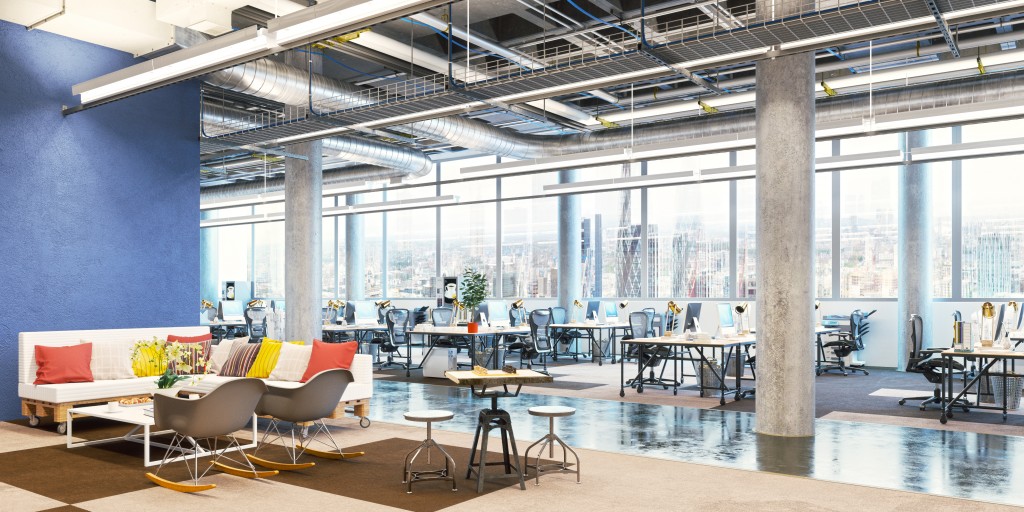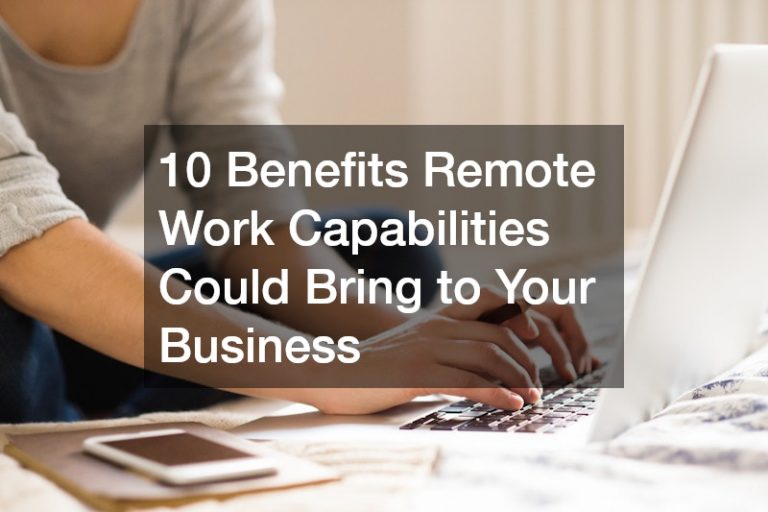It would be hard to think of the 20th and much of the 21st century without offices. Offices are such an iconic part of our daily lives that 60% of the total workforce in the United States are comprised of office workers and desk jobs. This has made such a huge impact in our daily lives that most movies in the late and early 90s would feature many office setups as it was a place where people could easily grind it out 8 hours a day.
But in the first few months of 2020, most office workers are forced to adapt a work-from-home and remote set-up, especially with the onset of the pandemic. Offices were deemed hubs of activities and needed to be closed down since this can be places that most people converge in. While there are still office workers still using workspaces and facilities, the majority of the workforce is operating from home, especially now that we’re living in a digitalized world.
How Has the Digitalized World Affected Offices?
During the early decades of the 20th century, offices were created to easily organize and consolidate information into desks and cabinets while cataloging such information. It also serves as a conducive environment where most workers can work without worrying about what happens outside the workspace.
But before the start of the 21st century, offices started becoming central hubs of information and data, especially with the invention of the internet and PCs. Filing cabinets and desks weren’t needed anymore as files can be easily scanned, printed, and sent thousands of miles into another worksite in mere seconds compared to waiting for days for documents to be delivered.
A decade after the turn of the millennium, the rise of freelancing websites have proven that workers can essentially work from anywhere without having to be held down in a particular workplace. Most experts would forecast that the 1.2 trillion freelance industry is known as the future and has a solid projection that working remotely is effective without the need of an office as long as the worker has a strong internet connection can still work without unnecessary investments in equipment and facilities.
But whether you’re working in an office or working in an open-space environment, marketing will always have an integral part in funneling engagement and leads towards your domain and establishment. Fortunately, online marketing services can ensure that you’re effectively making the public aware of your products and how you can serve others. Search engines are a primary tool that’s used by potential customers in finding businesses and potential prospects; having your business on top of the search engine results page can help boost both engagements and leads.
But what’s the point of offices? Are they still necessary when information can be easily delivered and content can be created at the comfort of our own home? We’ll be weighing in on how offices could be necessary in such tumultuous times.

Is Working in an Office Still Good?
Although technology might easily make different processes easier for workers, especially those who work at home, this doesn’t necessarily mean offices will need to be phased into such a situation. There are various factors that you’ll need to take into when it comes to the office’s productivity.
- Better Customer Experience — In almost any type of business, customer experience is still a determining factor for many metrics. Not only will this determine the overall satisfaction of customers, but this will also ensure that business owners will know the current standing of their business. Organically obtaining information and data through offices is a great way of knowing the current standing of the company on the public. Offices don’t necessarily need to be phased out in the pandemic. There’s bound to be clients and customers who would rather interact with office workers than interact through smartphones and other devices.
- Compartmentalizing The Workplace — There are reports that individuals who work at home can easily experience burnout because of a variety of different factors. The office serves as a place designed for work and an environment conducive to processing data and information.
- Security — Compared to working anywhere that you want, workplaces have security measures that are in place to protect the workforce and to ensure that work will continue unabated and without any problems.
Ultimately, the choice on whether a person will work in an office or would rather work remotely in their home, or when they’re traveling will boil down to their personal preference. Comfort and familiarity with tools and processes should be prioritized in the workplace, especially since this will affect productivity.
Although data and information suggest that remote work and working from home is a preferred means of operating for a lot of individuals, it doesn’t necessarily mean that offices should be phased out. Most individuals will associate the office with work and their homes with rest, so having a compartmentalized lifestyle can increase productivity. Still, this will boil down to the worker’s preference for how they want to operate. While the environment is a big factor in the efficiency and productivity of a worker, comfort and familiarity are still important factors.




